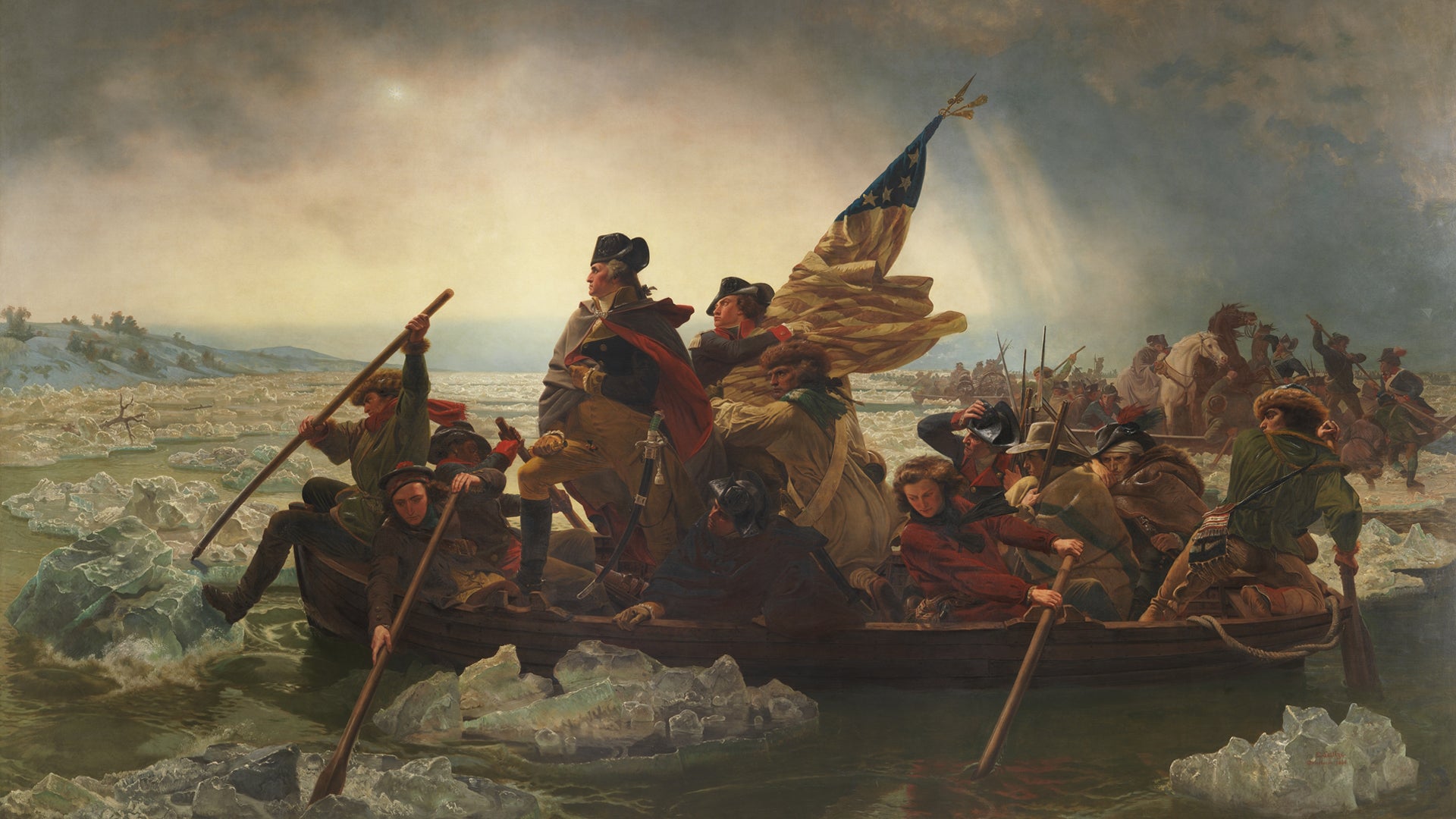
2.5.American Revolution
The Revolutionary War (1775-83), also known as the American Revolution, arose from growing tensions between residents of Great Britain’s 13 North American colonies and the colonial government, which represented the British crown. Skirmishes between British troops and colonial militiamen in Lexington and Concord in April 1775 kicked off the armed conflict, and by the following summer, the rebels were waging a full-scale war for their independence. France entered the American Revolution on the side of the colonists in 1778, turning what had essentially been a civil war into an international conflict. After French assistance helped the Continental Army force the British surrender at Yorktown, Virginia, in 1781, the Americans had effectively won their independence, though fighting would not formally end until 1783.
The American Revolution was principally caused by colonial opposition to British attempts to impose greater control over the colonies and to make them repay the crown for its defence of them during the French and Indian War (1754–63)
At the end of the war, Britain gave up control of the 13 colonies which had rebelled. The outcome of the Revolutionary War led to official recognition of their independence, the withdrawal of British troops and tentative control of the area of North America west of the Mississippi and south of Canada
The Revolution also unleashed powerful political, social, and economic forces that would transform the post-Revolution politics and society, including increased participation in politics and governance, the legal institutionalisation of religious toleration, and the growth and diffusion of the population.
American colonists objected to being taxed by the Parliament of Great Britain, a body in which they had no direct representation. Before the 1760s, Britain's American colonies had enjoyed a high level of autonomy in their internal affairs, which were locally governed by colonial legislatures. During the 1760s, however, the British Parliament passed a number of acts that were intended to bring the American colonies under more direct rule from the British metropole and increasingly intertwine the economies of the colonies with those of Britain.
The passage of the Stamp Act of 1765 imposed internal taxes on official documents, newspapers and most things printed in the colonies, which led to colonial protest and the meeting of representatives from several colonies at the Stamp Act Congress. Tensions relaxed with the British repeal of the Stamp Act, but flared again with the passage of the Townshend Acts in 1767.
The British government deployed troops to Boston in 1768 to quell unrest, leading to the Boston Massacre in 1770. The British government repealed most of the Townshend duties in 1770, but retained the tax on tea in order to symbolically assert Parliament's right to tax the colonies.
The burning of the Gaspee in Rhode Island in 1772, the passage of the Tea Act of 1773 and the resulting Boston Tea Party in December 1773 led to a new escalation in tensions. The British responded by closing Boston Harbor and enacting a series of punitive laws which effectively rescinded Massachusetts Bay Colony's privileges of self-government. The other colonies rallied behind Massachusetts, and twelve of the thirteen colonies sent delegates in late 1774 to form a Continental Congress for the coordination of their resistance to Britain. Opponents of Britain were known as "Patriots" or "Whigs", while colonists who retained their allegiance to the Crown were known as "Loyalists" or "Tories".
https://www.youtube.com/watch?v=OLbx6hRDQY8
